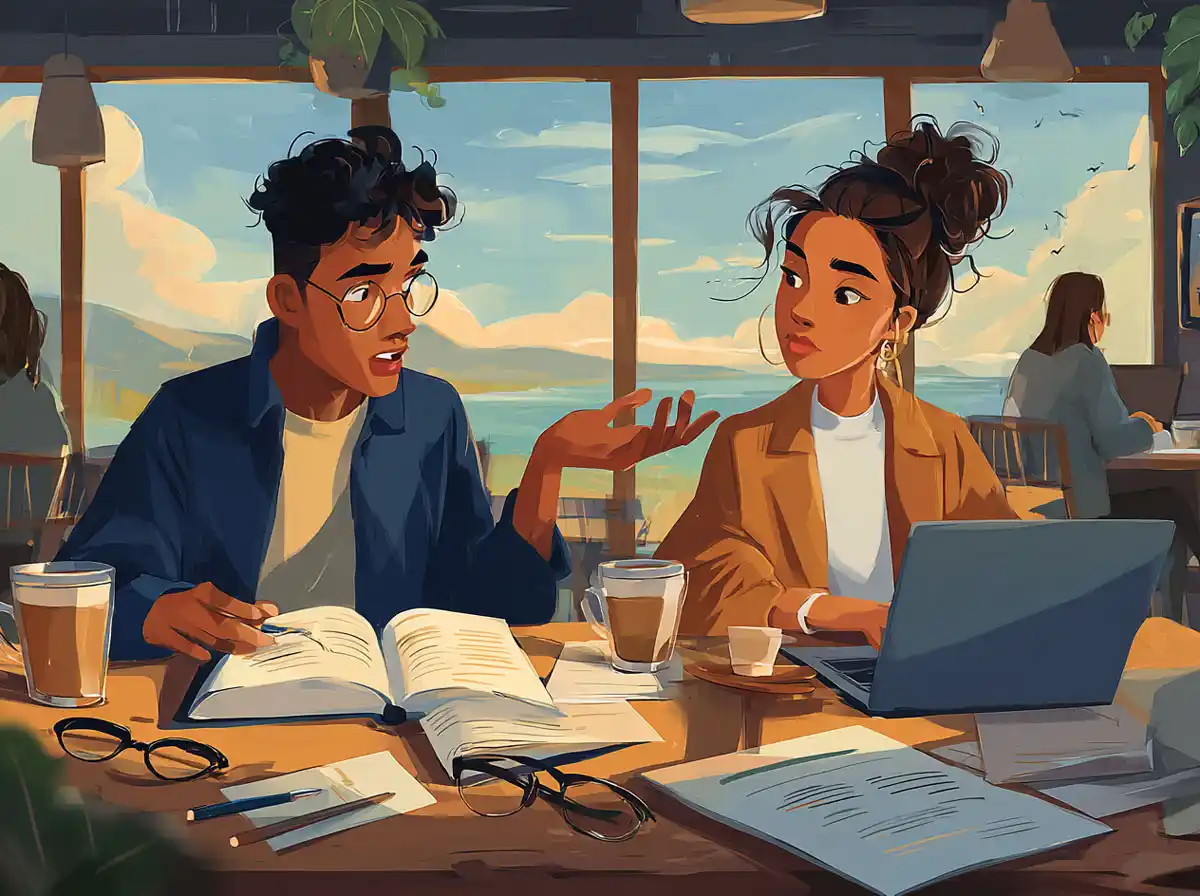Exercise 1: Complete the sentences with the correct form of the irregular verb
Ieri Maria *è stata* (to be – past participle) a casa tutto il giorno.
Io *ho avuto* (to have – past participle) un appuntamento dal dentista.
Andrea *ha fatto* (to do – past participle) i compiti per domani.
Lei *ha detto* (to say – past participle) che sarebbe arrivata tardi.
Il cane *è corso* (to run – past participle) nel parco.
Io *andavo* (to go – imperfect) a scuola a piedi quando ero bambino.
Mia madre *faceva* (to do – imperfect) sempre la torta di mele per il mio compleanno.
Lei *aveva* (to have – imperfect) un gatto nero chiamato Luna.
Noi *eravamo* (to be – imperfect) amici fin dall’infanzia.
Il film *è iniziato* (to start – past participle) alle 21:00.
Io *ho letto* (to read – past participle) quel libro l’anno scorso.
Mario *ha scritto* (to write – past participle) una lettera alla sua fidanzata.
Tu *hai preso* (to take – past participle) l’autobus per andare al lavoro?
Gli studenti *hanno studiato* (to study – past participle) per l’esame.
La nonna *faceva* (to do/make – imperfect) sempre la pasta fresca.
Exercise 2: Complete the sentences with the correct form of the irregular verb
Io *ho dormito* (to sleep – past participle) fino a tardi questa mattina.
Lei *ha bevuto* (to drink – past participle) un bicchiere di vino a cena.
Noi *siamo venuti* (to come – past participle) a trovare i nostri amici.
Tu *hai aperto* (to open – past participle) la finestra per far entrare l’aria.
Il negozio *ha chiuso* (to close – past participle) alle 19:00.
Io *ero* (to be – imperfect) a casa quando mi hai chiamato.
Mio padre *andava* (to go – imperfect) a pesca ogni domenica.
Quando ero piccolo, *facevo* (to do – imperfect) il bagno nella fontana.
Lei *aveva* (to have – imperfect) un bellissimo giardino pieno di fiori.
Il treno *è partito* (to leave – past participle) in orario.
Io *ho visto* (to see – past participle) un bel film ieri sera.
Il bambino *ha rotto* (to break – past participle) il vaso di fiori.
Tu *hai perso* (to lose – past participle) le chiavi di casa?
I turisti *hanno visitato* (to visit – past participle) il museo.
Mia sorella *cucinava* (to cook – imperfect) sempre la cena per noi.










